Some Indigenous people believe they have constitutional right to sell cannabis without government approval
From CBC News by Erik White October 20 2023
After seeing how much it helped his father-in-law deal with Stage 4 cancer, Cecil (Junior) Shawana decided to get into the cannabis business.
Shawana and his wife opened Northern Superior Cannabis in Michipicoten First Nation in March 2021 and watched customers flock to the tiny community on the shores of Lake Superior from as far away as Dubreuilville and Chapleau.
But Shawana, who lives in Michipicoten but is a citizen of Wikwemikong, says since a provincially licensed store opened in Wawa, they’ve watched their profits shrink.
“Our business dropped dramatically … we lost maybe 75 per cent of our clientele,” he said.
“We just say our clients will know us for us, know our products, know our personality. It’s always uncertain. If we’re still here within another three, four months, we’re doing good. But it’s stressful, you know.”

It’s a similar story across northern Ontario, where Indigenous pot shops that dominated the marijuana business in the early days of legalization have watched their head start disappear with the opening of dozens of dispensaries in cities and towns.
Shawana says they opened their store without the permission of the First Nation, but after a “little pushback,” they now have the blessing of chief and council.
Some still dismiss this kind of Indigenous dispensary as “illegal” while others say it’s a “grey market,” a reputation Shawana says he feels when he’s refused services by banks as well as credit and debit companies.
Kana Leaf in Nipissing First Nation calls itself the first “legal” cannabis dispensary on a reserve, because it went through the provincial licensing system when it opened in February 2020.
But it also had to follow the rules set out by chief and council in its own local cannabis bylaw.
“That means we had to navigate various levels of authority,” said part-owner Curtis Avery.
That meant at one point not being allowed to sell cannabis gummies, drinks and other edibles like other provincially regulated stores, because the First Nation was concerned about the impact that could have on the community.

Avery says they eventually convinced the council to amend the law and they are now more of an “equal player” with all the competitors that have since opened up in the North Bay area.
“As with any new industry, these kinds of things are expected. We welcome it. It is a challenging time right now, but I believe we’ll get through that,” he says.
“We created a brand that is still here today and helping us go strong.”
Avery would like to see all First Nations dispensaries sign onto the provincial system, saying the “grey market” throws “a lot of unknowns to the customer.”
“You know, you never know what you’re getting. And they’re not held to a sort of standard that I feel a lot of customers are looking for nowadays.
“In the long haul, it’s going to be more beneficial and successful to follow the provincial framework.”

Matthew Esquimaux, from Buddies Smoke Shop on Manitoulin Island, says people should be more suspicious of government ganja.
“I would think their quality is the one that’s in the grey area,” said the member of Aundeck Omni Kaning First Nation.
Suffering back problems from years while running a travelling chip truck, he decided to open a dispensary in the fall of 2019 after the First Nation passed a law allowing the sale of cannabis.
Despite that, Esquimaux says he was raided by UCCM Police and charged. But after two years of working through the court process, the charges were dropped.
He says newspaper stories about the case were good “advertisements” that “really helped us, but now he faces competition from a half-dozen other Indigenous dispensaries on the island, plus three provincially licensed stores in Espanola.
“I was the very first, so that definitely gave us an advantage,” says Esquimaux.
“Sales have dwindled a little bit since then, but a lot of people know about us and we really stand behind our quality, so that definitely keeps them coming back.”
Paul Corbiere, manager of Creekside Cannabis in Mississauga First Nation, says being right on Highway 17, more than half of the customers are people travelling along the north shore of Lake Huron.
The store is licensed through the Ontario government, but is also one of the only Indigenous dispensaries to be owned entirely by the First Nation.
“It was the best option for our community, so one community member doesn’t benefit, the entire community is going to benefit off of the profits right? For infrastructure, schooling for the children.”
Another Indigenous cannabis dispensary calling itself the Highway 17 Trading Post, right off the Trans-Canada Highway in Massey, was recently shut down by Ontario Provincial Police.
The owners, who declined an interview on the advice of their lawyer, are among a growing number of Indigenous people who believe they have a right to sell cannabis anywhere in their traditional territory without the permission of any government, including chief and council.
A similar constitutional argument is being made on behalf of 10 Ontario pot shop owners charged in the early days of legalization, including members of Wahnapitae First Nation and Shawanaga First Nation.
Lawyer Michael Swinwood, who is also arguing that these people are members of a forgotten Indigenous nation called the Amikwa and the treaties signed with the Canadian government don’t apply to them, says Section 35 of the Constitution gives Indigenous people the right to harvest and trade in traditional plants and medicines.
“They traded in all sorts of commodities, hemp being one of them,” he says.
“It’s kind of ridiculous to think that somehow it wasn’t involved in the resources they availed themselves of.”
Those arguments are set to be tested in a court hearing scheduled for the new year.

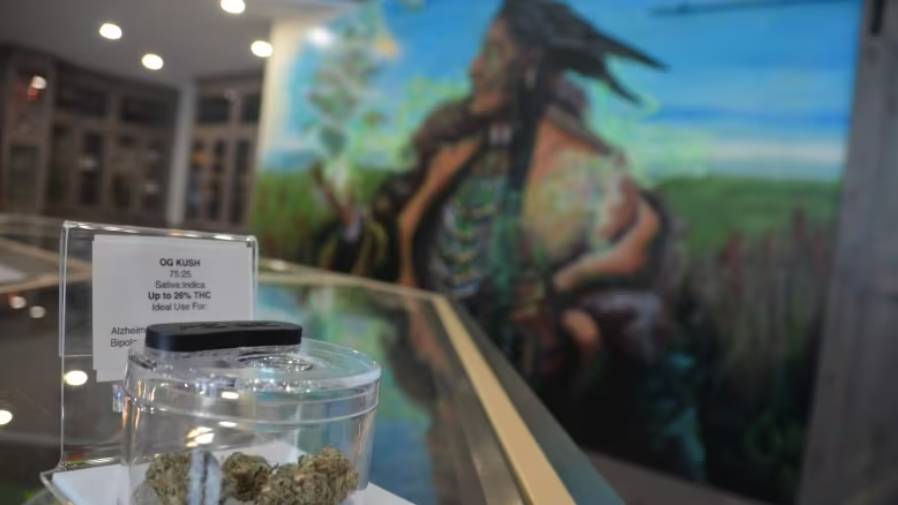





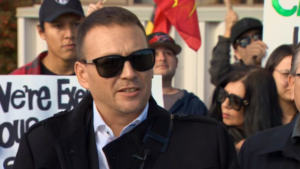
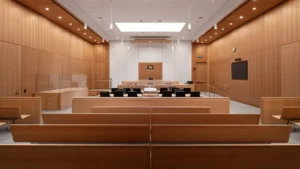
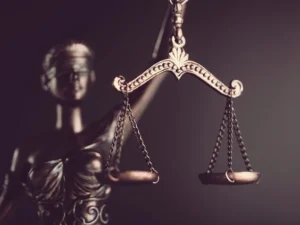
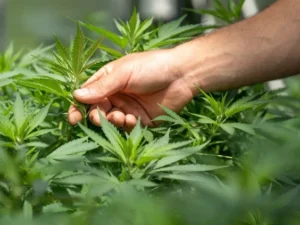
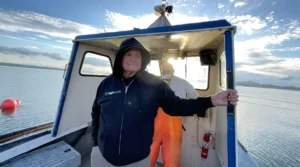
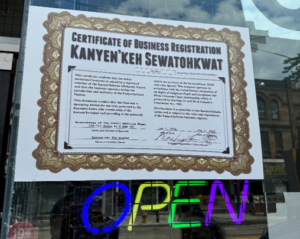


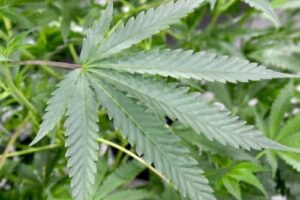
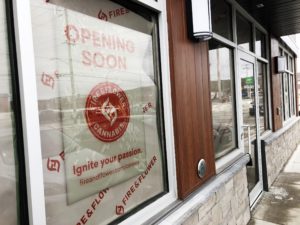
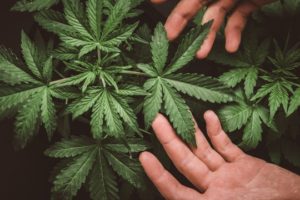
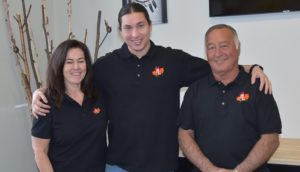
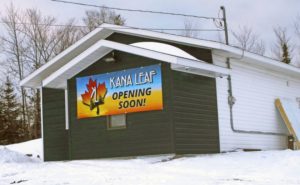
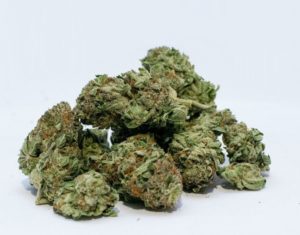
Comments are closed.